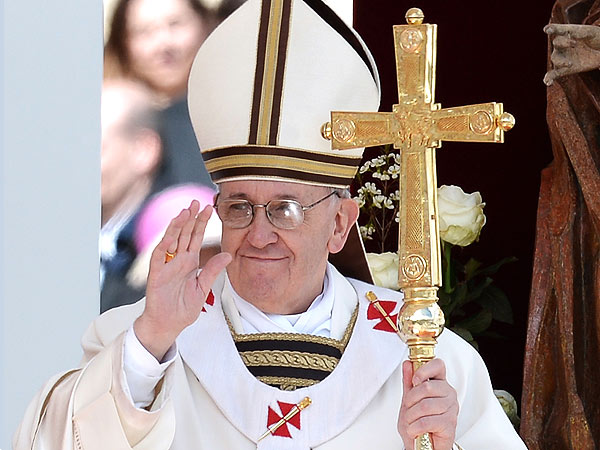If someone had told me two years ago that a man like Pope Francis would be elected in 2013, I would have been skeptical. After almost 10 years of Benedict—a man with the public persona of a porcupine and pastoral nature of a curmudgeon on a bad day—who could believe that a new pope could so quickly throw off the shackles of academia and theology and become a man of the people?

But Francis did just that. And by doing so, he has enlivened the faithful and captured the attention of an adoring world.
He inspired the Catholic faithful, who have yearned for an approachable man who understands the plight of the poor and the trials of the common man.
He’s utilized great PR, capitalizing on well-managed social media and engineering photo-ops that go viral instantly.
He’s attempted to tone down some of the divisive (and sometimes hateful rhetoric) of many bishops who solely focus on gay issues and abortion.
He’s even changed the tunes of many of the bishops and cardinals, who considered their offices a “no-limit credit card” for luxury goods, fine homes and travel. (Newark Archbishop Myers didn’t get the memo, apparently).
But we have also learned something else: An institutional reformer will only go so far.
When it comes to the sex abuse crisis—the crisis that has become a thematic undercurrent behind every action and reaction within Vatican walls, the pope has become absorbed into the institutional church.
The Vatican is a set of laws, a body of people, a patchwork of personalities, a tradition, a political system and a delicate institution—an institution that immediately rallies around itself whenever allegations of cover-up knock on the front door of St. Peters. To blow the whistle or change the rhetoric of this argument would upend decades of messaging, destroy careers, open up the Holy See to legal liability, and become a tacit admission that the Vatican knew about abuse and did nothing.
Francis can’t and won’t expose his predecessors and his colleagues. He is a part of the system now, and the system’s number one goal is to keep the system alive. (The first rule of Fight Club …)
So I expect that there will be some apologies with carefully chosen victims. His “commission” may have a meeting or two (we don’t even know who is on the commission or what their ultimate goal is) and publish a report written by a lower-level member of the curia with deep understanding of Canon and civil law. He will continue to play the victim in the crisis, instead of acknowledging crimes that have hurt millions worldwide.
And the system will continue.
Fortunately, robust civil laws, a fed-up faithful, and an empowered victims’ movement be right there behind him.
I’ve just recently discovered your work Joelle.
Very nicely done. Keep up the good work. I look forward to future posts.
Thanks, Joelle, for this perceptive statement and for all you do so well.
I thought your effective retort to Fr. Thomas Reese on MSNBC recently over the Vatican’s dumping of predator priests was especially superb.
You might find of special interest Fr. Tom Doyle’s pertinent recent NCR article at:
http://ncronline.org/blogs/examining-crisis/pope-francis-abuse-disappointment
I hope SNAP weighs in before March 27 on President Obama’s scheduled meeting with Pope Francis. Please see my Advice to Obama at:
http://christiancatholicism.com/advice-for-president-obama-about-pope-francis-current-strategy/